Resources
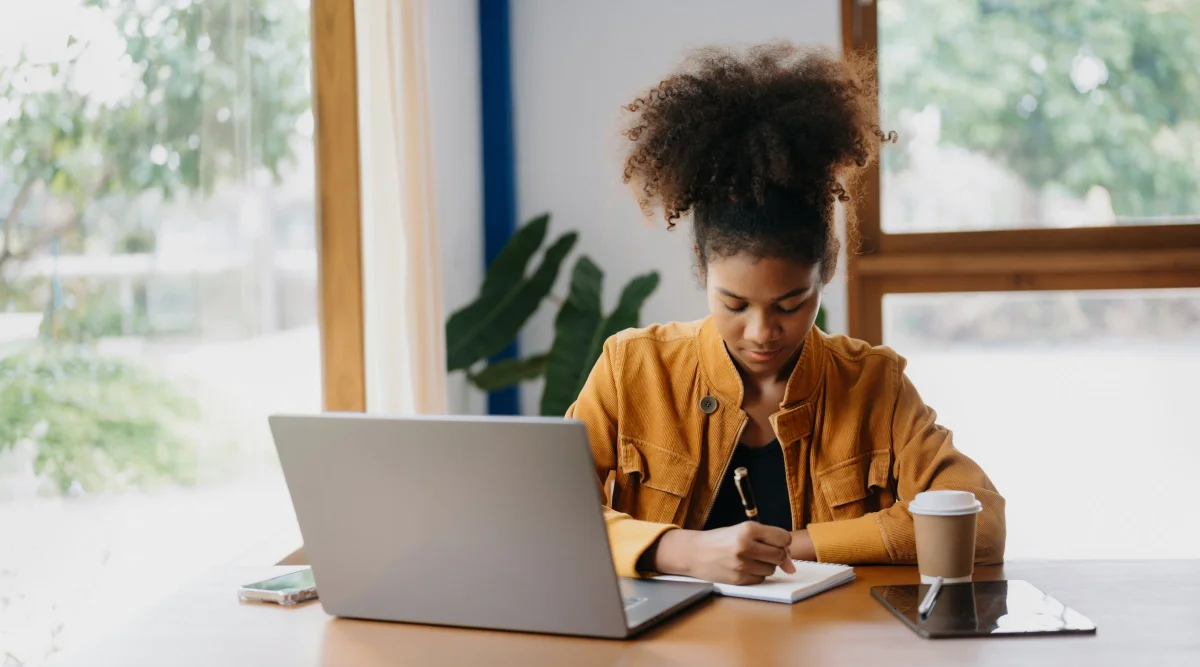
How to Get an LLC and Start a Limited Liability Company
Considering an LLC for your business? The application process isn't complicated, but to apply for an LLC, you'll have to do some homework first.
Nov 25, 2025 · 13 min read

Registering a Trademark
A trademark can be a powerful tool for protecting your intellectual property. Here's how to get started.
Feb 9, 2026 · 9 min read

How to Conduct a Financial Stress Test for Small Business Owners
A financial stress test can help small business owners make informed decisions during uncertain times. Here is how to conduct one.
Nov 10, 2022 · 5 min read
Business Formation
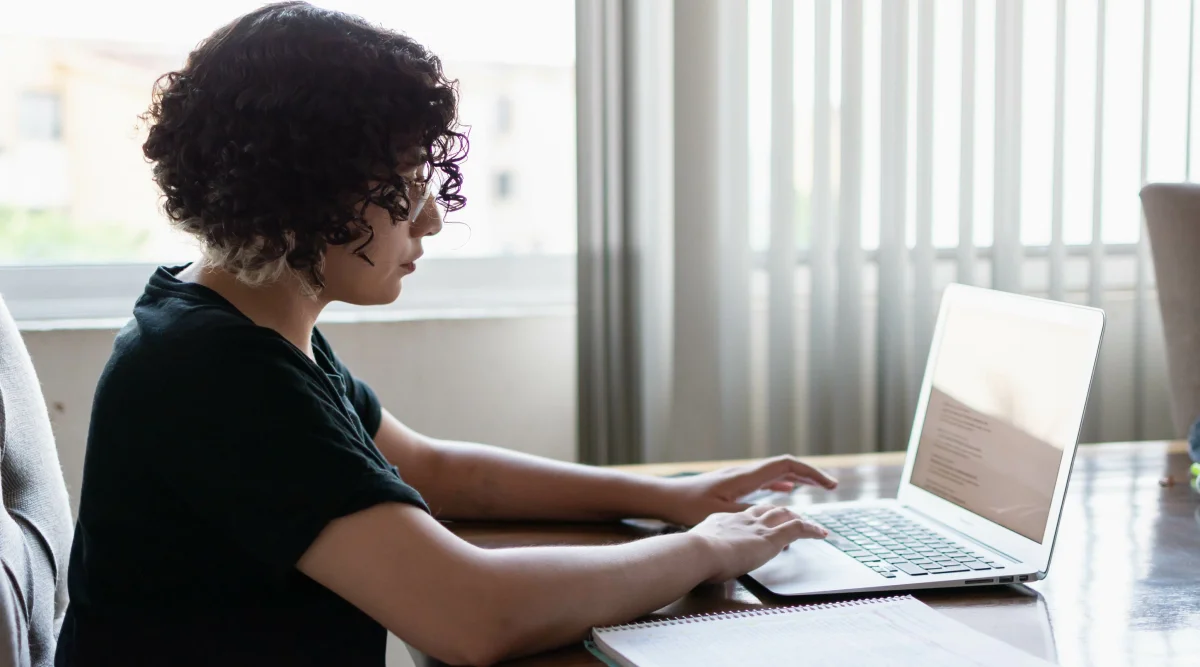
What Does It Mean to Be an LLC?
An LLC formation limits your personal liability and legally separates you from your business.
Mar 21, 2024 · 4 min read

What Is the Difference Between S Corp and C Corp?
An S corp can use pass-through taxation, while C corporations pay taxes separately from their owners. Learn why this matters.
Sep 15, 2025 · 10 min read
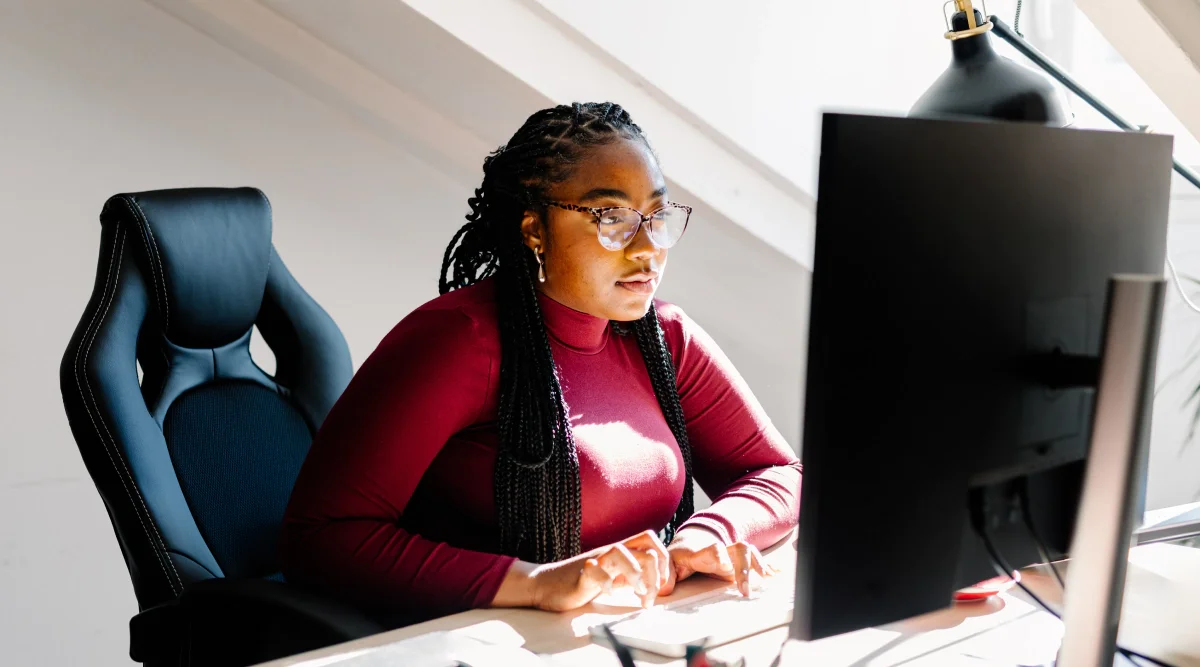
The Complete Guide to Starting a Business
From coming up with a business idea to taking that concept to market, this guide provides helpful information every step of the way.
Jan 29, 2025 · 27 min read

What Is an Illinois LLC Search? A Comprehensive Guide
An Illinois LLC search is a vital tool for entrepreneurs and business owners to verify the availability of a full entity, business type, or desired business name, research existing companies, and maintain compliance with state regulations. In this comprehensive guide, we'll explore the process of conducting an Illinois LLC search and provide tips for effective searching to help you succeed in your business endeavors.
Dec 7, 2024 · 10 min read
Estate Planning

Do All Wills Need to Go Through Probate?
The death of a loved one can raise questions about their estate plan. Is probate required if there’s no will? Here’s an overview of what to expect.
Jan 13, 2026 · 10 min read

Estate Planning 101: Understanding Probate Lawyer Fees
While not every estate needs an attorney, probate lawyer fees shouldn’t scare you off. By understanding the cost, you can see how probate attorneys help with the probate process.
Apr 23, 2024 · 8 min read

Durable Power of Attorney: What It Is and How It Works
A durable power of attorney appoints someone to handle finances and make medical decisions if you're unable to. Explore them and how they work.
Jan 22, 2026 · 18 min read

Is LegalZoom a Good Way to Create a Living Trust?
LegalZoom has helped more than 100,000 people protect their families with a living trust. Having one helps communicate your wishes so your loved ones aren't left guessing or dealing with the courts.
Jan 31, 2025 · 5 min read
Intellectual Property
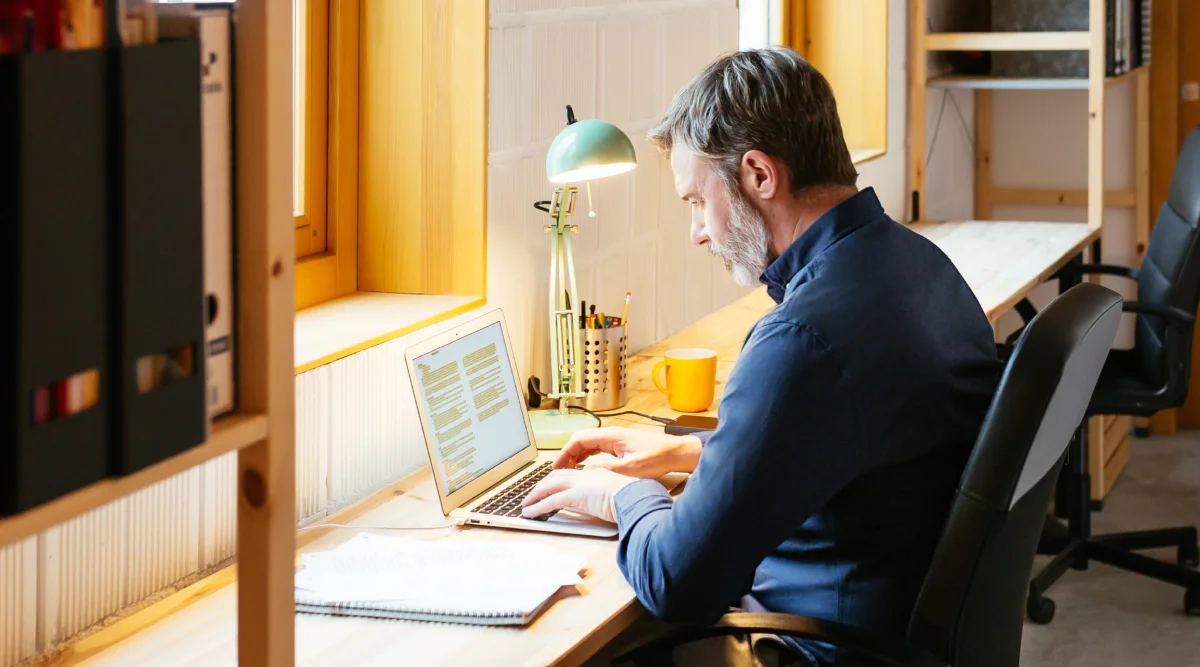
NIL: Why Student-Athletes Need to Protect Their Intellectual Property
University of Wisconsin quarterback Graham Mertz started and trademarked his own brand of shirts, sports caps and hats. LegalZoom's trademark services can help protect the student-athlete legally and financially.
Jan 25, 2023 · 4 min read
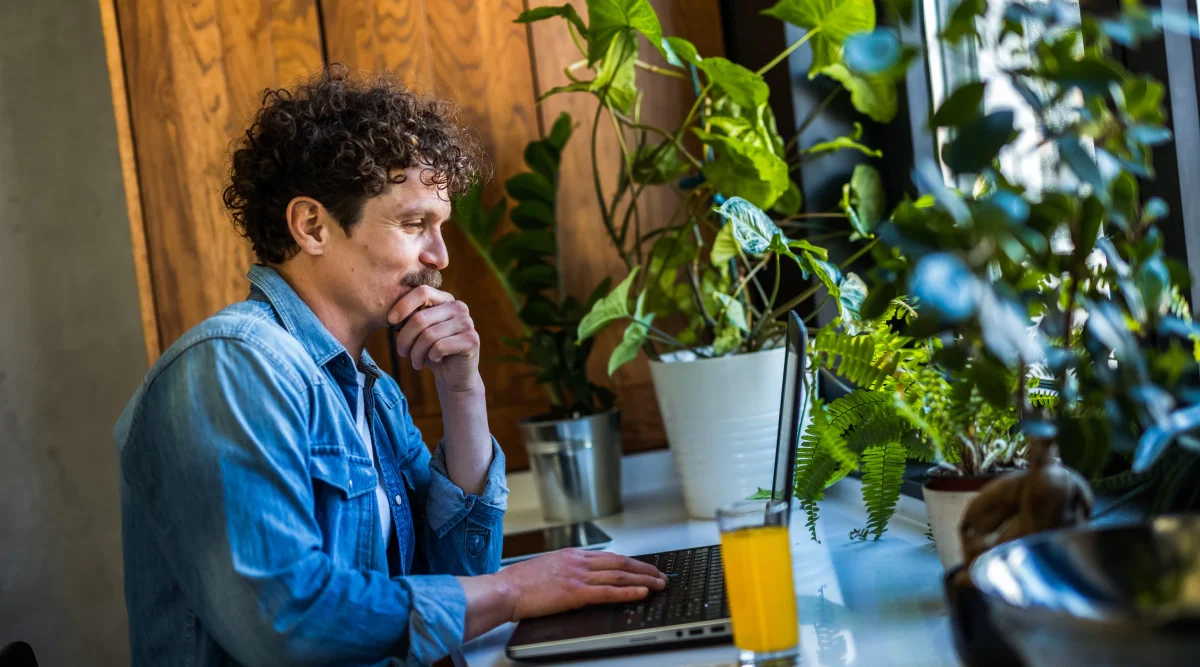
The 3 Types of Patents and How They're Used
Getting the right patent is the best way to protect your big ideas and inventions. Learn about the main types of patents that could apply to you.
Jun 23, 2025 · 7 min read

Trademarks vs. Copyrights: Which One Is Right for You?
Understanding trademarks vs. copyrights can help you determine which legal protections can prevent others from using your company name, logo, creative works, and more.
Jan 6, 2026 · 12 min read
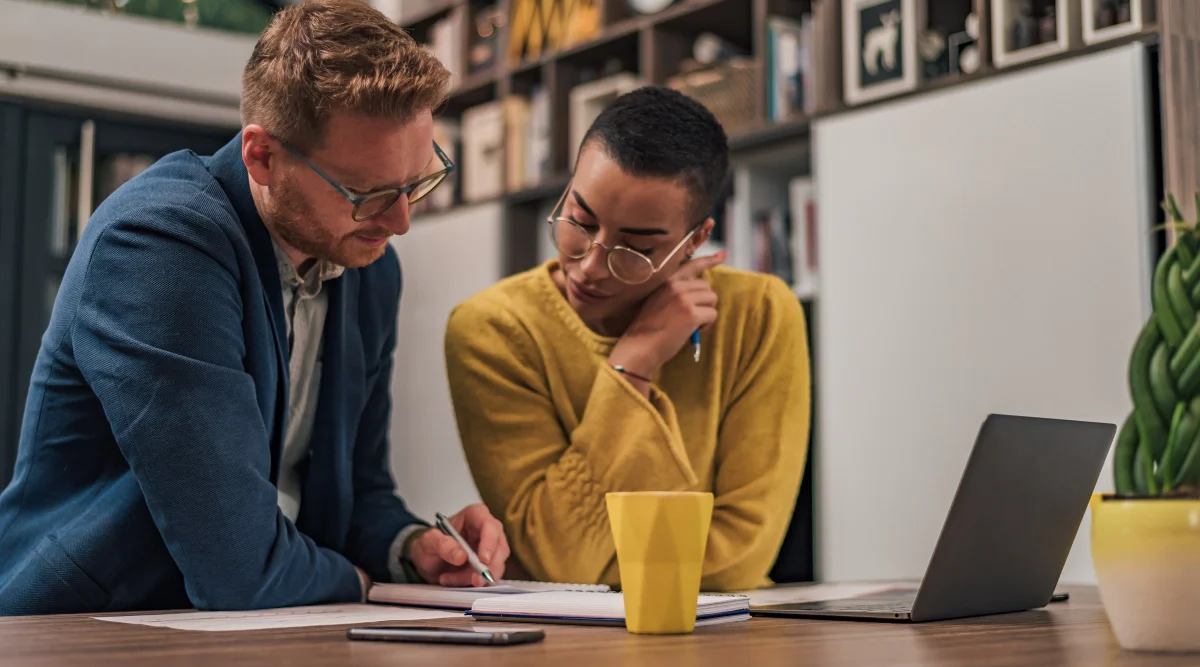
How to Check if a Trademark Is Already Registered
You can avoid legal trouble and countless headaches by being proactive to ensure you don't infringe on another company's trademark.
Jan 6, 2026 · 4 min read
Featured Topics
-
Accounting & Bookkeeping
How to File Business and Individual Tax Extensions See Accounting & Bookkeeping -
Business Management
NIL: Why student-athletes need to protect their intellectual property How the Corporate Transparency Act affects LLCs, LLPs, and Inc. See Business Management -
Business Tips & Trends
The top 4 tips for virtual startups Prevent porch pirates and steer other thieves away See Business Tips & Trends -
Family Legal Matters
When can I retire? Considerations to make before retiring How to Legally Change Your Name: Complete Guide See Family Legal Matters -
Financial Planning
Estate Planning 101: Understanding probate lawyer fees How to get your business income & expenses tax ready See Financial Planning -
Legal Help
The complete guide to creating a secure business website NIL: How LegalZoom can help student-athletes with a name, image, and likeness game plan See Legal Help -
Legal News
LegalZoom acquires Earth Class Mail Know Your Rights: What Are the Miranda Rights? See Legal News -
Real Estate
Creative strategies to help landlords survive coronavirus What Is a Lien Release and How Is it Used? See Real Estate -
U.S. Law
Legal requirements for registering your trademark When can the police stop and frisk you on the street? See U.S. Law
Attorneys with You, Every Step of the Way
With an average of 15 years of experience and an average customer rating of 4.8 out of 5 stars, you can trust our network attorneys to give you the help you need.
Get Legal Help